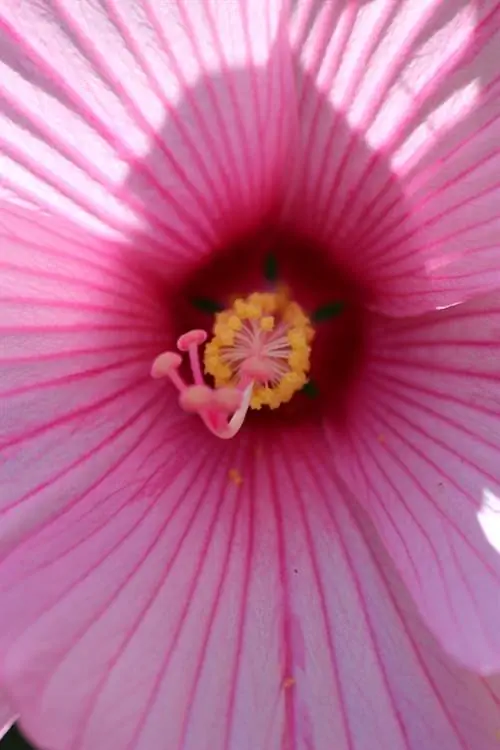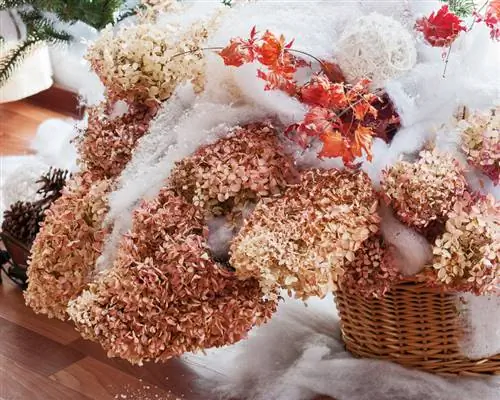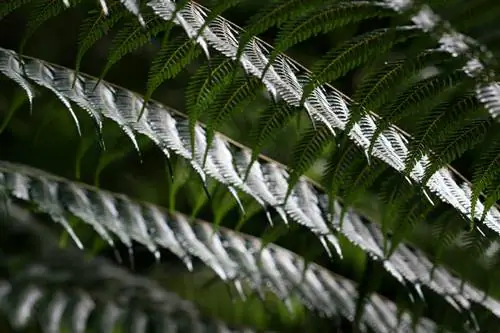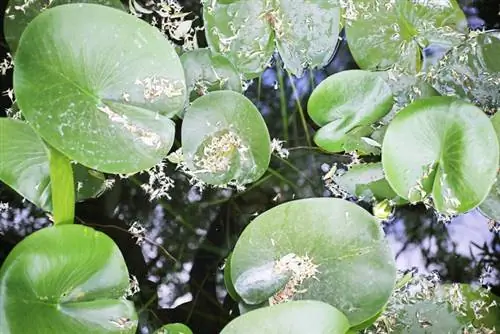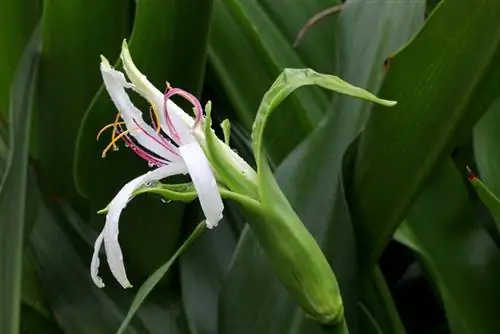- Author admin leonars@hobbygardeners.com.
- Public 2023-12-16 16:46.
- Last modified 2025-01-23 11:20.
The very undemanding common thrush (Armeria) thrives almost everywhere where other perennials cannot grow - extreme conditions such as sandy, stony or even s alty soils do not harm the plant at all. The common carnation - which, despite its name, is not a carnation but a member of the leadwort family - is also absolutely insensitive to cold.

Is the thrush hardy?
The carnation is absolutely hardy and does not require winter protection. It tolerates extreme conditions such as sandy, stony or s alty soils and cold. The plant should only be protected from strong winter sun and waterlogging.
Overwintering thrush properly
Carnations are absolutely hardy and generally do very well without any winter protection. Quite the opposite, because winter protection (e.g. by covering it with leaves or similar) only leads to the loss of the actually evergreen leaves. It only makes sense to protect the plant from too bright winter sun when there is a clear frost, because in such a case the carnation threatens to die of thirst. Bald frost is ground-level frost in which the plants are not protected by a blanket of snow. In such a case, water evaporates from the leaves, while the plant cannot draw fresh water from the frozen ground - it threatens to dry out.
What to do if root rot occurs?
In damp or even wet winters, however, there is a risk of waterlogging with subsequent root rot. The carnation is extremely robust in many conditions, but it cannot tolerate wetness at all. For this reason, the plant belongs in a dry location from the start - rock or heather gardens are ideal. You can recognize (threatening) root rot by the weakly hanging, yellowish leaves. Often the plants can no longer be saved, but you can try:
- Cut the perennial back vigorously.
- Dig up the plant and remove any rotten and damaged roots.
- Carefully remove the old soil - root rot is caused by a fungus.
- Replant the grass cloves that have been trimmed in this way in a new, drier location.
If the infestation is not too advanced, with a little luck the plant will sprout again.
Tip
Carnations are not only great for planting in rock and heather gardens, but also thrive very well on dry stone walls and similarly inhospitable surfaces.


